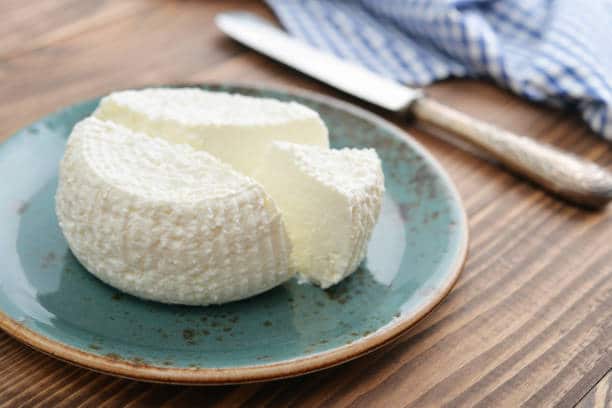Ricotta Cheese: A Dairy Delight
Ah, ricotta cheese! Its creamy texture and mild, sweet flavor have made it a favorite in countless dishes from lasagna to desserts. But like all dairy products, ricotta has a limited shelf life. Let’s delve into the intricacies of this dairy gem, with all the care and precision of a true ricotta aficionado.
Shelf Life: Unopened vs Opened Ricotta
Ricotta cheese, when unopened and properly stored in the refrigerator, can last a few days beyond its printed expiration date. This is under the assumption that it’s been continuously refrigerated and hasn’t been exposed to temperature fluctuations. The very idea of allowing this creamy delight to sit for too long without refrigeration is, quite frankly, a disservice to its delicate nature.

Upon breaking that seal, however, the clock starts ticking a bit faster. Opened ricotta should ideally be consumed within a week, but always pay attention to any changes in its consistency or aroma. As someone who’s relished the many facets of ricotta, trust me when I say – fresh ricotta is incomparably superior.
Ricotta Cheese’s Grace Period
Every container of ricotta cheese is graced with a “use-by” date. This isn’t merely a suggestion but a culmination of meticulous dairy science. While unopened ricotta can brave a few days past this date, once you’re venturing into a week or more beyond, you’re treading on thin ice. In the world of cheeses, each day can mark a profound shift in quality, texture, and flavor.
Understanding Fresh Ricotta
Freshness in ricotta isn’t just about its expiration date. The term “danger zone” in food storage signifies that food should ideally not be exposed to temperatures above 40°F for more than two hours. Beyond this, bacteria find a welcoming environment. Both unopened and previously opened ricotta, when exposed to such conditions, deteriorate rapidly.
Storage Matters
Ensuring your refrigerator maintains a steady, cold temperature is essential. How and where you store the ricotta in the refrigerator is equally paramount. Storing it in the door, for instance, exposes it to varying temperatures, which can compromise its quality. Consider designating a special spot for your ricotta, preferably in the colder sections of the fridge. A resealable container or an airtight food container can further ensure its longevity.
Freezing Ricotta: A Last Resort
While freezing ricotta can extend its life, it’s a trade-off. The texture inevitably changes, becoming more crumbly and less creamy. However, if you find yourself with an abundance of ricotta and can’t bear the thought of wasting it, freezing is a viable option. Just be prepared for a slightly different culinary experience upon thawing.
Recognizing Spoiled Ricotta
The nuances of spotting spoiled ricotta are crucial. Separation of components might make many uneasy, but a slight watery or gel-like layer on top isn’t a definitive sign of spoilage. However, mold, a yellowish tint, or a sour, off-putting smell are clear indicators that your ricotta has seen better days.
As an enthusiast, I’ve learned that the joy of ricotta lies in its freshness. If in doubt, it’s always better to err on the side of caution.
Ricotta Purchasing Tips
Selecting the perfect ricotta begins at the store. A uniform texture and a fresh aroma are paramount. Any hint of sourness, pockets of water, or discoloration should make you think twice.
The expiration date isn’t merely a suggestion but a testament to the product’s longevity. Always choose ricotta with a consistency that’s firm yet not overly hard.
Conclusion
Ricotta cheese is a delightful dairy product that deserves respect in its storage and consumption. As an expert and enthusiast, I implore you to relish its creamy texture and unique flavor while ensuring it’s stored correctly. After all, the true essence of ricotta lies in its freshness, and understanding its nuances ensures you’ll always enjoy it at its very best.

Editorial Staff
Our writers, editors, content managers, and SEO specialist. We all take part in crafting amazing articles. We spend hours ensuring that each article is based on facts, researched, and thorough. You'll never want to click the back button to look for more answers other than here!
